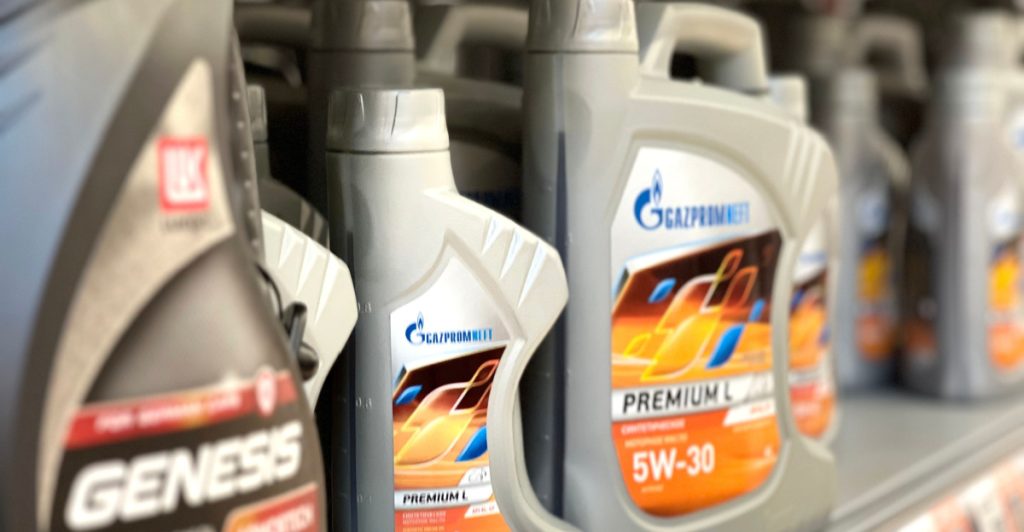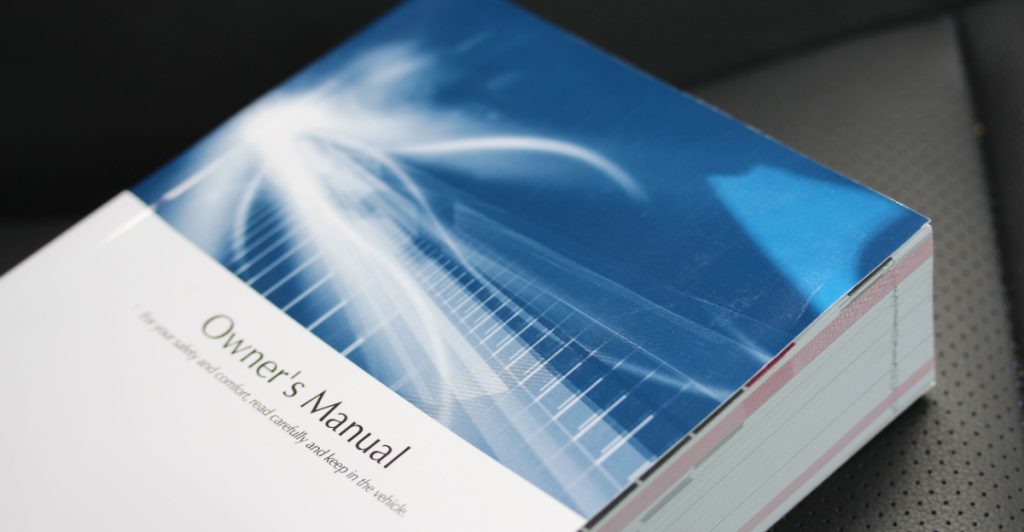For decades, many drivers have followed an outdated engine oil rule that may be draining their wallets and harming their engines. Here’s why experts say it’s time to update your maintenance habits.
Others are reading now
For decades, many drivers have followed an outdated engine oil rule that may be draining their wallets and harming their engines. Here’s why experts say it’s time to update your maintenance habits.
The Long-Standing 3,000-Mile Oil Change Myth

For years, motorists have been told to change their engine oil every 3,000 miles. This advice, once valid, is now considered outdated and potentially wasteful. Modern engines and oil formulations allow for far longer intervals between changes.
Why Oil Changes Still Matter

Engine oil is essential for reducing friction between moving parts, preventing wear, and ensuring smooth performance. Even if oil levels are fine, contaminants build up over time, making eventual replacement necessary.
What Experts Recommend Today

The RAC advises changing oil every 5,000 to 7,500 miles for most modern vehicles. This updated guidance reflects improved engine design and oil quality, helping drivers save money and avoid unnecessary maintenance.
Risks of Changing Oil Too Frequently

Over-servicing wastes money on oil and labour, and can lead drivers to choose cheaper, lower-quality oils to save costs. Inadequate lubrication from poor-quality oil increases the risk of engine wear and possible failure.
Also read
The Danger of Low-Grade Oils

Cheaper oils often lack vital additives needed to protect engines. They may not lubricate components as effectively, leading to increased friction, higher operating temperatures, and long-term damage.
Choosing the Right Oil for Your Car

Engine oil types include synthetic, semi-synthetic, and mineral, each with different protective properties. The right choice depends on your car’s engine, driving conditions, and manufacturer recommendations.
Understanding Oil Grades

Oil grades, such as 5W-30, indicate viscosity and suitability for certain climates. For example, 5W-30 is thinner and performs well in colder temperatures, offering quicker lubrication at start-up.
Where to Find the Correct Oil Specification

The best source is your vehicle’s owner’s manual. If in doubt, a trusted mechanic can recommend the right oil and carry out a safe, effective change.


